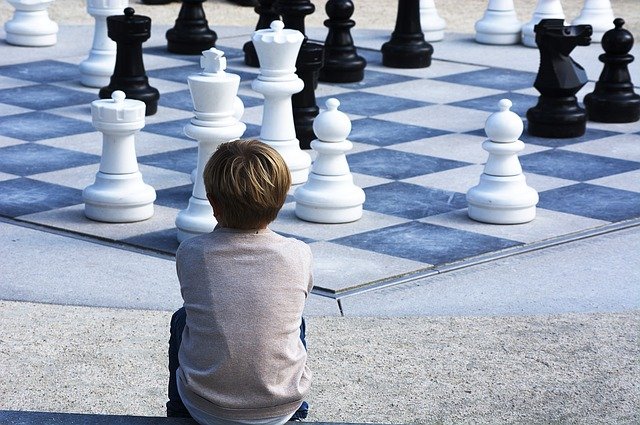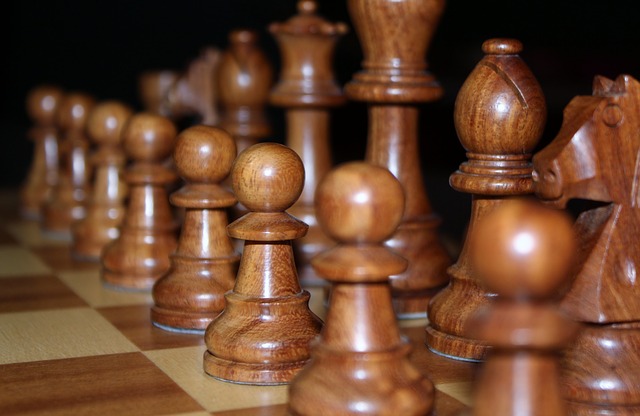When one thinks of “chess,” one thinks of a game board with 64 squares. It is square shaped, with space for 32 pieces of light and dark colors to move. The original form of this game originated in ancient Persia, and thus the name itself is related to the title of the ruler (shah) of that time. It is not known exactly where and how chess originated, only that the original Persian version, the so-called shatranj, was improved at the end of the 15th century into a form almost identical to the present one, and that since the mid-19th century chess tournaments have been classified as a sport We do know that the original version of Persia was modified into a form almost identical to the current one, and that from the mid-19th century chess tournaments were classified as sports.
The Curious Rewards of Board Game Invention
There is an interesting rumor about the game of chess. Whether they are true or not is not important; they merely highlight the intelligence of an ancient civilization and the supposed inventor of the game. In ancient Persia, there was a poor peasant who worked in the court of the ruler. One day he approached the king, who was bored, with an interesting game to entertain himself and pass the time. At first two people played, but later the ruler invited his subjects and the first games and tournaments were held.
But the Persian king was very generous and wanted to return the favor to the discoverer of this wonderful game. In his arrogance, he offered whatever reward the peasants demanded. In short, he was willing to give a mountain of money or have a modern dwelling built if it would make the poor richer.
But he surprised those around him with an almost unbelievable choice of reward. Very modestly, he replied that if it would not offend the monarch, even a mere grain of wheat would do. He would place two grains of wheat in the first field, the square of the number of wheat in the first field in the second field, the square of the second square in the third square, and so on to the last sixty-fourth square, and so on. 
The less intelligent ruler only imagined two grains in the first square and four more in the next, but counted no more. He thought that the peasants had humbly chosen the poorest reward, just a few grains of wheat. But he counted and soon discovered that there were so many grains of wheat that the entire Persian harvest was in jeopardy. There were already more than 65,000 grains on the fifth square of the chessboard, and on the sixth square there were more than 4 billion grains. Multiply that 4 billion by the number of squares, and by the seventh square, there were only 4 trillion grains. In other words, by the end of the first series, there were already several hundred bags of grains. Only then did Shah begin to understand the meaning of the so-called exponential series. Reaching the last square on the chessboard meant far more grain than was available throughout Persia.
